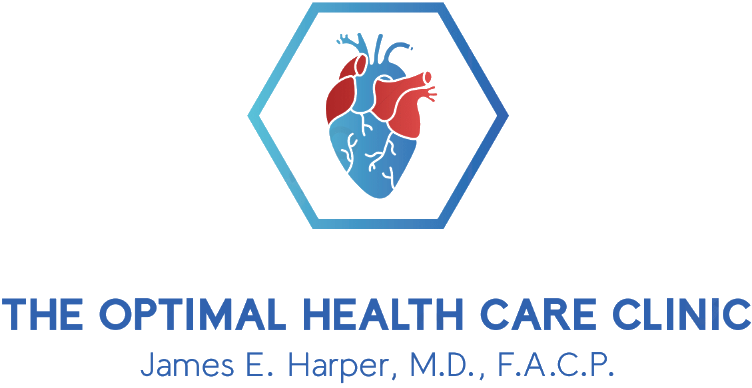Everyone feels tired from time to time. Whether it’s due to a long workday, a restless night, or a busy schedule, fatigue is a natural signal that your body needs rest. But when tiredness becomes a daily struggle that doesn’t improve with sleep or lifestyle changes, it may be a sign of something more persistent: chronic fatigue.
Understanding the difference between temporary fatigue and chronic fatigue is essential for knowing when to seek support. At The Optimal Health Care Clinic, patients are encouraged to get answers when something doesn’t feel right. Here’s how to tell the difference between everyday tiredness and a more serious, ongoing issue.
What Is Fatigue?
Fatigue is a common experience that most people encounter at various points in life. It’s typically linked to one or more identifiable factors such as:
- Lack of sleep or poor sleep quality
- Mental or emotional stress
- Intense physical activity
- Illness or recovery from illness
- Dietary habits or dehydration
- Caffeine withdrawal or medication side effects
Fatigue is often relieved with proper rest, hydration, balanced meals, and time. Once the underlying cause is addressed, energy levels typically return to normal.
In many cases, fatigue is temporary and manageable. For example, feeling drained after several nights of poor sleep or after a stressful week is expected. However, when fatigue persists despite rest or seems disproportionate to your activity level, it may point to something more complex.
What Is Chronic Fatigue?
Chronic fatigue goes beyond the occasional feeling of being worn out. It’s a long-lasting condition characterized by profound tiredness that doesn’t improve with rest and can interfere with daily life.
Some common features of chronic fatigue include:
- Persistent exhaustion lasting six months or more
- Difficulty concentrating or memory problems (“brain fog”)
- Unrefreshing sleep
- Worsening symptoms after physical or mental activity
- Muscle or joint pain without swelling or redness
- Headaches or dizziness
- Mood changes or irritability
Chronic fatigue is not always caused by a single issue. It can result from a combination of factors, including immune system dysfunction, hormonal imbalances, nutrient deficiencies, chronic infections, or underlying health conditions such as thyroid disorders or autoimmune diseases.
In some cases, a person may be diagnosed with Chronic Fatigue Syndrome (CFS), also known as Myalgic Encephalomyelitis (ME), when no other medical explanation is found for their symptoms and the fatigue significantly limits daily function.
Why the Distinction Matters
Understanding the difference between fatigue and chronic fatigue helps patients know when to rest and when to seek medical evaluation. While general fatigue is often short-lived and improves with self-care, chronic fatigue can linger, worsen, or become disruptive without proper treatment.
It’s also important to recognize that chronic fatigue is not a sign of laziness or lack of motivation. It’s a legitimate medical concern that deserves attention and support. Early intervention can help uncover underlying causes and provide a path toward recovery or improved symptom management.
When to Talk to a Provider
You should consider scheduling an appointment if you experience:
- Fatigue that lasts longer than a few weeks without improvement
- Difficulty completing daily tasks due to exhaustion
- Sleep that doesn’t leave you feeling rested
- Trouble focusing or remembering things
- Unexplained pain or discomfort
- Mood changes related to tiredness
A medical evaluation can help rule out common causes such as anemia, thyroid disorders, sleep apnea, or infections. If necessary, additional testing can identify nutritional deficiencies or hormonal imbalances that may be contributing to the problem.
A Personalized Approach to Evaluation
At The Optimal Health Care Clinic in Johns Creek, patients with ongoing fatigue receive a thorough and compassionate evaluation. Dr. James Harper considers each person’s health history, lifestyle factors, and lab results to uncover possible contributors to their fatigue. From there, a customized plan is developed to restore energy and improve overall wellness.
With over 40 years of experience in internal medicine, Dr. Harper provides individualized guidance that may include nutritional counseling, stress management strategies, sleep support, and, when appropriate, referrals for additional diagnostic testing.
Start Feeling Like Yourself Again
Fatigue is common but it doesn’t have to be constant. If you’ve been feeling unusually tired or suspect your symptoms may be part of something more persistent, don’t wait to seek support. Residents of Johns Creek, Alpharetta, and Suwanee are invited to schedule an appointment with The Optimal Health Care Clinic. Call 770-538-1747 to explore personalized solutions for lasting energy and improved quality of life.

